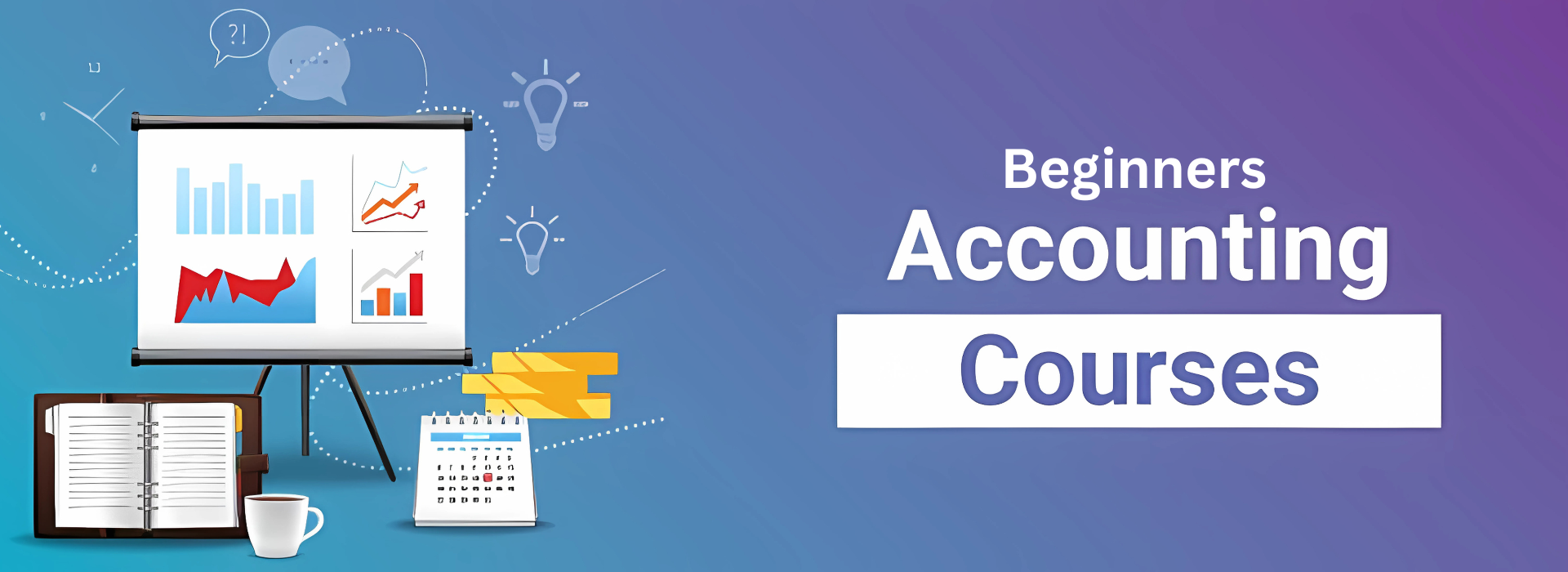
Beginner Guide to Accounting – Learn the Language of Business at Capital Varsity
Accounting is one of the most important foundations of any business. It helps track financial activities, understand business performance, and make informed decisions. Whether you’re a student, aspiring accountant, or business owner, learning the basics of accounting can open doors to exciting career opportunities and financial clarity.
At Capital Varsity, we believe in making accounting simple, practical, and career-focused. In this guide, we explain what accounting is, why it matters, and how you can build a successful future in this field
What Is Accounting?
Accounting is the process of recording, summarizing, and analyzing financial transactions to determine a business’s financial health. It shows where the money comes from, where it goes, and how it affects business growth.
In simple terms, accounting helps you understand profits, losses, assets, liabilities, and everything in between. From small businesses to multinational corporations, accounting is essential for tracking income, paying taxes, managing budgets, and attracting investors.
Why Is Accounting Important?
Accounting is often called the language of business. It provides clarity, transparency, and control. With accurate accounting, you can:
- Keep track of your income and expenses
- Make better business and investment decisions
- Stay legally compliant with tax and financial regulations
- Prepare reports for banks, government, or investors
- Avoid losses and detect fraud
In today’s digital age, accounting is not just a support function—it’s a strategic tool for growth.
Core Concepts You Must Know
Every business, big or small, works around a few basic financial concepts. These include:
- Assets – Things the business owns like cash, machines, property, and stock.
- Liabilities – Amounts the business owes to others like loans or supplier payments.
- Equity – The owner’s share in the business after subtracting liabilities from assets.
- Revenue – Income earned from selling products or services.
- Expenses – Money spent to run the business such as rent, salaries, and electricity.
Understanding these core elements is the first step in mastering accounting.
Types of Accounting
Accounting has different branches depending on its use. The most common types include:
- Financial Accounting – Tracks income and expenses to prepare financial statements.
- Management Accounting – Helps business owners make operational decisions.
- Tax Accounting – Focuses on preparing tax returns and staying compliant.
- Cost Accounting – Analyzes costs and helps with pricing and budgeting.
- Forensic Accounting – Investigates financial fraud or irregularities.
Each of these branches has its role and relevance in different industries.
The Accounting Cycle
Accounting follows a structured process, known as the accounting cycle. It includes:
- Recording transactions in journals
- Posting entries to ledgers
- Preparing a trial balance
- Making adjustments
- Generating financial statements
- Closing accounts for the period
This cycle ensures accuracy and transparency in all financial records.
Essential Financial Statements
A business uses three main reports to understand its financial position:
Balance Sheet – A snapshot of assets, liabilities, and equity at a given time.
Income Statement – Also called the Profit & Loss account, it shows income and expenses over time.
Cash Flow Statement – Tracks how much cash comes in and goes out of the business.
These reports are essential for analyzing performance and attracting investment.
Accounting in the Digital Age
Modern accounting is powered by technology. Popular accounting software like Tally ERP, Zoho Books, QuickBooks, and Busy Accounting Software make it easier to maintain records, file GST, and generate reports quickly and accurately.
At Capital Varsity, students receive practical training in the latest accounting software to make them job-ready from day one.
Career Scope in Accounting
Accounting offers stable and rewarding careers in every sector. Some of the most in-demand roles include:
- Accountant
- Tax Consultant
- GST Practitioner
- Accounts Executive
- Financial Analyst
- Bookkeeper
- Audit Assistant
You can work in CA firms, private companies, banks, or even start your own consultancy.
Why Choose Capital Varsity for Accounting Courses?
Capital Varsity, located in South Extension, Delhi, offers industry-relevant accounting training with real-world exposure. Our courses cover:
- Basic to Advanced Accounting
- Tally Prime with GST
- Income Tax & Payroll
- Balance Sheet Preparation
- Excel for Accountants
We offer both online and offline classes, small batches, experienced faculty, and dedicated placement support.
Visit Us to Start Your Career in Accounting
Join the growing community of finance professionals trained at Capital Varsity. Whether you are just starting or looking to upgrade your skills, our accounting courses are designed to give you practical knowledge, confidence, and a strong career foundation.
Location: E-72, 2nd Floor, South Extension Part-1, New Delhi
Call: +91 88514 95336
Website: india.capitalvarsity.com
Begin your journey in accounting today.
At Capital Varsity, we turn learning into earning.
